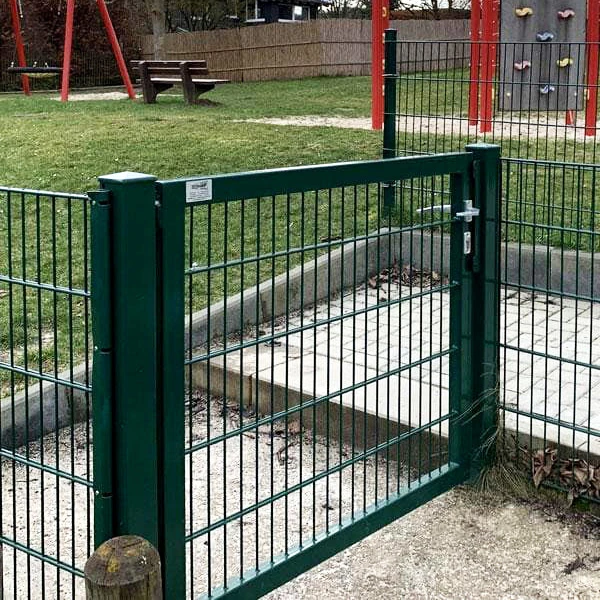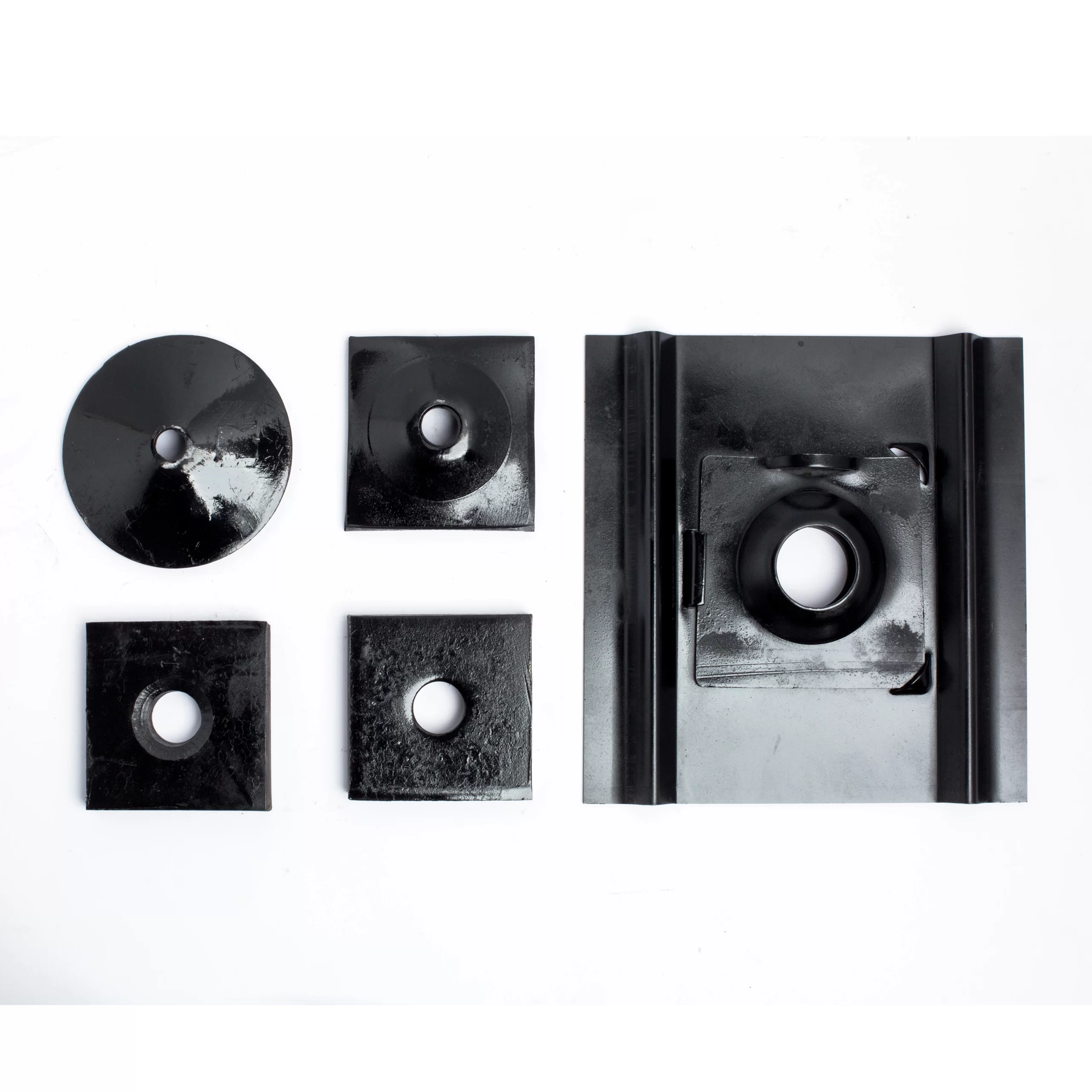Friction bolts are a crucial component in underground mining and construction, providing essential ground support to ensure safety and stability. This comprehensive guide explores the applications, installation processes, advantages, and related products of friction bolts. Whether you’re an engineer, a contractor, or involved in mining operations, understanding friction bolts can enhance productivity and ensure reliable operations underground.
What are Friction Bolts and How Do They Work?
Friction bolts, also known as split set bolts or rock bolts, are specialized steel rods used in underground environments for ground support. They work on the principle of creating friction between the bolt and the surrounding rock. When a friction bolt is inserted into a drilled hole, it exerts radial pressure against the rock surface, generating friction that stabilizes the rock structure.
These bolts are made from high-strength steel and feature a slot along their length. One end is tapered to facilitate insertion into the hole. As the bolt is driven into the hole, it expands due to the slot, creating a tight fit. This expandable design ensures immediate anchorage without the need for grouting or additional anchoring agents.
The Role of Friction Bolts in Rock Engineering
In rock engineering, friction bolts play an indispensable role in stabilizing rock formations in tunnels and underground excavations. They are crucial in preventing rock collapses, ensuring the safety of personnel, and maintaining the integrity of underground structures. By providing reinforcement, friction bolts help to stabilize the rock surface and prevent potential failures.
Friction bolts are commonly used in various applications, including mining operations, tunnel construction, and underground chambers. Their ability to adapt to different geological conditions makes them a versatile choice for engineers seeking reliable ground support solutions.
Why Friction Bolts are Essential in Underground Mining
In underground mining, maintaining the stability of excavated areas is of paramount importance. Friction bolts offer a rapid and effective means of ground support, allowing mining operations to proceed safely and efficiently. Their high-strength steel construction provides the necessary durability to withstand the harsh conditions found underground.
By ensuring the stability of the rock mass, friction bolts prevent collapses and enhance the overall safety of mining operations. Their use is crucial in mining operations where timely and reliable support is needed to protect both workers and equipment.
Installation Process: How to Properly Install a Friction Bolt
The installation of friction bolts is a straightforward process that requires minimal equipment:
-
Drilling the Hole: A hole is drilled into the rock using a drilling machine. The diameter of the hole is slightly smaller than the diameter of the bolt to ensure proper frictional contact.
-
Inserting the Bolt: The friction bolt is inserted into the hole with the tapered end leading. As it is driven in, the bolt’s slot allows it to expand, creating friction between the bolt and the rock.
-
Securing the Bolt: Once fully inserted, a bearing plate is placed over the protruding end. The plate is held in position by tightening a nut, providing additional support and holding any surface support elements like mesh.
This method ensures the bolt is securely anchored, providing immediate reinforcement to the rock structure. Proper installation is critical to the effectiveness of the friction bolt and the overall safety of the underground operation.
Comparing Friction Bolts with Other Rock Bolts
Friction bolts are one among several types of rock bolts used in underground construction. Here’s how they compare:
- Expansion Bolts: These bolts rely on mechanical expansion within the hole to create anchorage. They often require precise hole diameters and additional components to function correctly.
- Grouted Bolts: These involve inserting a bolt into a hole filled with grout, which then hardens to secure the bolt. While strong, this method is slower due to the curing time required for the grout.
- Friction Bolts: Offer immediate support through friction without the need for grouting. Their expandable nature allows for variations in hole diameter, making them versatile and relatively inexpensive.
Friction bolts are favored in many applications for their simplicity and speed of installation, which can be crucial in fast-paced mining and tunneling environments.
Expandable Rock Bolts: An Innovative Approach
Expandable rock bolts are an innovation in ground support technology. Similar to friction bolts, they are designed to expand within the drilled hole, but they utilize different mechanisms, such as hydraulic expansion or inflatable sleeves, to achieve a tight fit.
These bolts provide several advantages:
- Enhanced Contact: By expanding to fit the contours of the hole, they ensure maximum contact with the surrounding rock.
- Improved Load Distribution: The even expansion helps distribute loads more effectively, enhancing stability.
- Adaptability: Suitable for use in varying geological conditions and with different rock types.
The use of expandable bolts represents a step forward in ground support, offering solutions where traditional friction bolts may not be sufficient.
Related Products: Mesh and Anchors in Ground Support Systems
Ground support systems often incorporate additional components to enhance effectiveness:
-
Mesh: Used to prevent loose rock from falling between bolts, mesh is installed over the rock surface and secured by the bolts. Mine welding wire support mesh is an example of such a product, providing surface support and increasing safety.
-
Anchor Plates: Placed on the exterior end of bolts, they distribute the load and hold the mesh in place. Products like the Black Anchor Plated offer durable solutions for harsh environments.
-
Centralizers: Ensure that bolts are correctly positioned within the hole, enhancing the effectiveness of the installation.
These related products work in tandem with friction bolts to create a comprehensive ground support system, addressing various aspects of underground stabilization.
Enhancing Productivity with Friction Bolts
The use of friction bolts can significantly enhance productivity in underground operations:
- Rapid Installation: Their simple design allows for quick installation, reducing downtime.
- Immediate Support: Provides instant stabilization, allowing other work to proceed safely.
- Cost-Effective: Being relatively inexpensive, they offer an economical solution without compromising safety.
By minimizing delays and ensuring a safe working environment, friction bolts contribute to more efficient and productive mining and construction operations.
Factors to Consider When Selecting Friction Bolts
When choosing friction bolts for a project, consider the following:
- Rock Conditions: The type and quality of the rock will influence the bolt’s effectiveness.
- Bolt Diameter: Matching the bolt diameter to the hole size is critical for optimal friction and expansion.
- Material Quality: High-quality steel ensures durability and high strength performance.
- Corrosion Resistance: In corrosive environments, galvanized or coated bolts may be necessary.
Selecting the right bolt involves understanding the specific requirements of the project and the environmental conditions. Consulting with manufacturers and suppliers can help specify the appropriate products.
Frequently Asked Questions About Friction Bolts
Q: How does a friction bolt create stability in underground structures?
A: By expanding within the drilled hole, the friction bolt generates friction against the rock surface, providing immediate anchorage and reinforcing the rock structure.
Q: Are friction bolts suitable for all types of rock formations?
A: They are most effective in competent rock where sufficient friction can be generated. In weaker or highly fractured rock, additional support methods may be required.
Q: What are the maintenance requirements for friction bolts?
A: Friction bolts are generally low-maintenance, but regular inspections are recommended to ensure they remain secure, especially in areas where corrosion or ground movement may occur.
Q: Can friction bolts be used in conjunction with other ground support systems?
A: Yes, they are often used alongside other support systems such as mesh, anchors, and grouted bolts to provide comprehensive ground stabilization.
For specialized applications requiring drilling and anchoring combined, Self-drilling Hollow Anchor systems offer integrated solutions.
Improving Safety and Reliability with Friction Bolts
Ensuring the safety and reliability of underground operations is paramount. Friction bolts contribute significantly by:
- Preventing Collapses: Stabilizing the rock to prevent falls and collapses.
- Enhancing Structural Integrity: Providing reinforcement that maintains the integrity of tunnels and excavations.
- Reducing Downtime: Quick installation minimizes disruption to operations.
By incorporating friction bolts into ground support systems, companies can ensure safer working conditions and more reliable operations.
Summary
- Friction bolts are essential for immediate ground support in underground mining and construction.
- Made from high-strength steel, they create stability through friction between the bolt and the rock.
- Their installation involves drilling a hole and inserting the expandable bolt, providing rapid reinforcement.
- Friction bolts offer advantages over other rock bolts due to their simplicity, cost-effectiveness, and adaptability.
- Selecting the right friction bolt requires consideration of geological conditions, bolt diameter, and material quality.
- Incorporating related products like mesh and anchor plates enhances the effectiveness of ground support systems.
- Understanding and utilizing friction bolts contributes to safer, more efficient, and more productive underground operations.
By embracing the use of friction bolts and understanding their applications, engineers and contractors can achieve greater success in their projects, ensuring safety and structural integrity in challenging underground environments.
Post time: Dec-12-2024


















